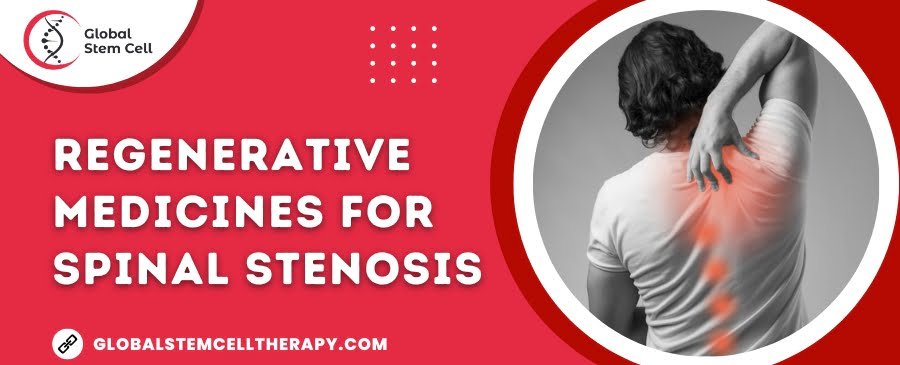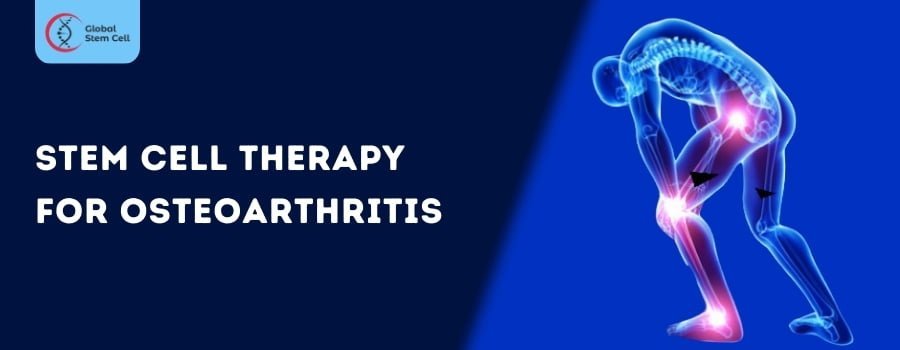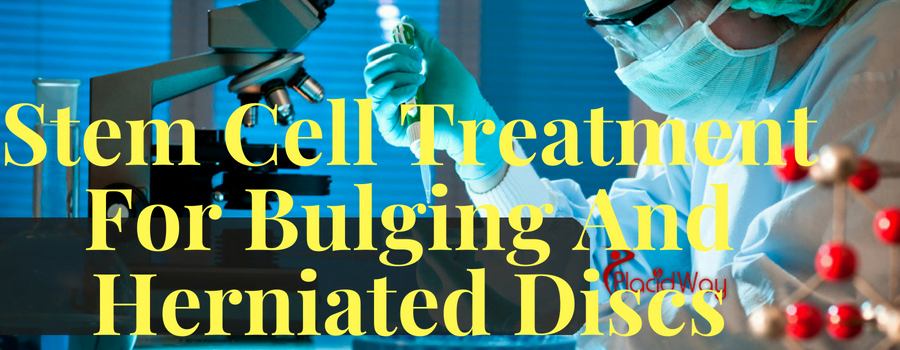
Regenerative Medicines for Spinal Stenosis
Contenido
Spinal stenosis is a condition where the spinal canal narrows, putting pressure on the spinal cord and nerves. It can cause a range of symptoms, including pain, numbness, and weakness. While there is no cure for spinal stenosis, various treatments can help manage symptoms and improve quality of life. One such treatment is regenerative medicine.
Symptoms of Spinal Stenosis
Spinal stenosis is a condition where the spinal canal narrows, putting pressure on the spinal cord and nerves. The symptoms of spinal stenosis can vary depending on the severity and location of the stenosis, but common symptoms include:
- Low back pain
- Leg pain, weakness, or numbness, particularly when walking or standing for long periods
- Tingling or burning sensations in the legs or feet
- Balance problems or difficulty walking
- Muscle weakness or wasting
- Loss of bladder or bowel control (in severe cases)
These symptoms can gradually worsen over time and can have a significant impact on a person’s quality of life.
Causes of Spinal Stenosis
Spinal stenosis is caused by a narrowing of the spinal canal, which can put pressure on the spinal cord and nerves. There are several factors that can contribute to the development of spinal stenosis, including:
- Age-related degeneration: As we age, the spinal discs and joints can break down, causing the spinal canal to narrow.
- Hereditary factors: Some people may have a genetic predisposition to spinal stenosis.
- Previous injury or trauma: An injury or trauma to the spine can cause changes in the spinal anatomy that can lead to stenosis.
- Degenerative conditions: Certain degenerative conditions, such as osteoarthritis and spinal stenosis, can cause the spinal canal to narrow and put pressure on the spinal cord and nerves.
Overgrowth of bone or ligament tissue: In some cases, the bones or ligaments in the spinal canal can grow abnormally, causing stenosis.
What is Regenerative Medicine?
Regenerative medicine is an emerging field that aims to repair or replace damaged or diseased tissues using the body’s own cells or regenerative materials. It has the potential to offer new treatments for a wide range of conditions, including spinal stenosis.
Types of Regenerative Medicines for Spinal Stenosis
There are several types of regenerative medicines that can be used to treat spinal stenosis, including:
- Stem Cell Therapy: Stem cells are immature cells that can develop into different types of cells in the body. In spinal stenosis, stem cells can be injected into the affected area to promote tissue regeneration and relieve pain.
- Platelet-Rich Plasma (PRP) Therapy: PRP is a concentrated solution of platelets and growth factors obtained from the patient’s own blood. It can be injected into the affected area to promote healing and reduce pain.
- Prolotherapy: Prolotherapy involves injecting a solution into the affected area to stimulate the body’s natural healing response. This can help relieve pain and improve function.
Benefits of Regenerative Medicines for Spinal Stenosis
- Minimally Invasive: Regenerative medicines are typically performed as an outpatient procedure, using a minimally invasive approach. This means that patients can usually go home the same day and return to normal activities soon after.
- Safe and Effective: Regenerative medicines are considered safe and effective for treating spinal stenosis. They involve using the patient’s own cells or materials, which reduces the risk of side effects and allergic reactions.
- Promotes Healing: Regenerative medicines promote the body’s natural healing response, helping to reduce pain and improve function in the affected area.
- Non-Surgical: Regenerative medicines are non-surgical, making them a good alternative for patients who are not suitable for surgery or prefer to avoid it.
Regenerative medicines offer a promising solution for spinal stenosis, providing an effective and minimally invasive way to manage symptoms and improve quality of life. If you are considering regenerative medicine for spinal stenosis, it is important to consult with a qualified healthcare provider to discuss the best options for your individual needs.
For more details about stem cell treatment for Spinal stenosis and clínicas de células madre, Contact us today:






